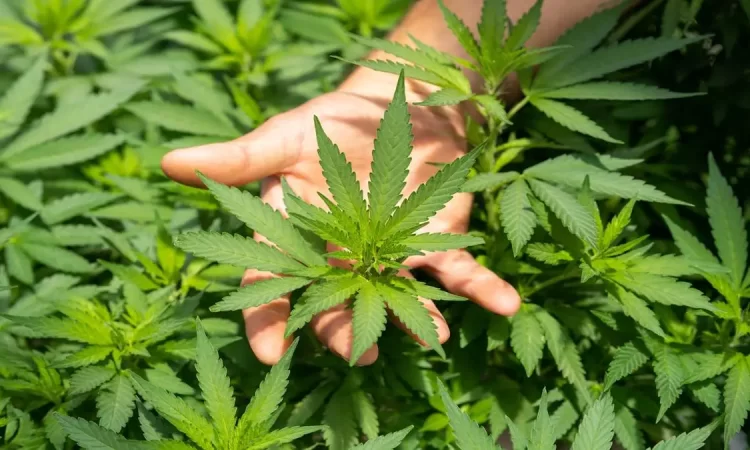
The cultivation and use of industrial hemp have gained significant attention due to its versatile nature and numerous benefits. Obtaining an industrial hemp license opens doors to various opportunities and advantages. Let’s delve into the top benefits of having an industrial hemp license.
Industrial Hemp License
It’s essential to understand what industrial hemp is and the significance of acquiring an industrial hemp license for its cultivation and utilization.
Understanding Industrial Hemp
Industrial hemp is a strain of the Cannabis sativa plant species specifically cultivated for industrial uses. Unlike its cousin marijuana, industrial hemp contains minimal levels of THC, the psychoactive compound, making it non-intoxicating and legal in many regions.
1. Economic Benefits
One of the primary advantages of having an industrial hemp license is the economic prosperity it brings.
- Job Creation
The hemp industry provides employment opportunities across various sectors, from farming and processing to research and marketing. As the demand for hemp-derived products continues to rise, so does the need for skilled workers, thus contributing to job creation and economic stability.
- Revenue Generation
With multiple revenue streams including hemp cultivation, processing, and product sales, having an industrial hemp license can be lucrative for entrepreneurs and farmers alike. The versatility of hemp allows to produce a wide range of products, from textiles and cosmetics to food and pharmaceuticals, catering to diverse consumer markets.
- Economic Growth
By fostering a thriving hemp industry, countries can experience economic growth through increased investments, trade, and tax revenues. The expansion of the hemp market stimulates ancillary industries, boosts rural economies, and reduces dependency on traditional crops, thus fostering sustainable development.
2. Environmental Benefits
Apart from its economic advantages, industrial hemp cultivation offers significant environmental benefits, making it a sustainable and eco-friendly crop choice.
- Sustainable Farming Practices
Hemp requires minimal water, pesticides, and fertilizers compared to conventional crops, making it an environmentally friendly option for farmers. Its deep roots help prevent soil erosion, improve soil health, and reduce the need for synthetic inputs, promoting sustainable agriculture practices.
- Carbon Sequestration
Industrial hemp is a fast-growing crop that absorbs large amounts of carbon dioxide from the atmosphere during its growth cycle, helping mitigate climate change. By sequestering carbon in its biomass and soil, hemp cultivation contributes to carbon neutrality and environmental conservation.
- Soil Remediation
Hemp has the remarkable ability to absorb heavy metals and toxins from contaminated soils through a process called phytoremediation. By detoxifying polluted lands, industrial hemp plays a crucial role in soil remediation, restoring fertility and biodiversity to degraded ecosystems.





